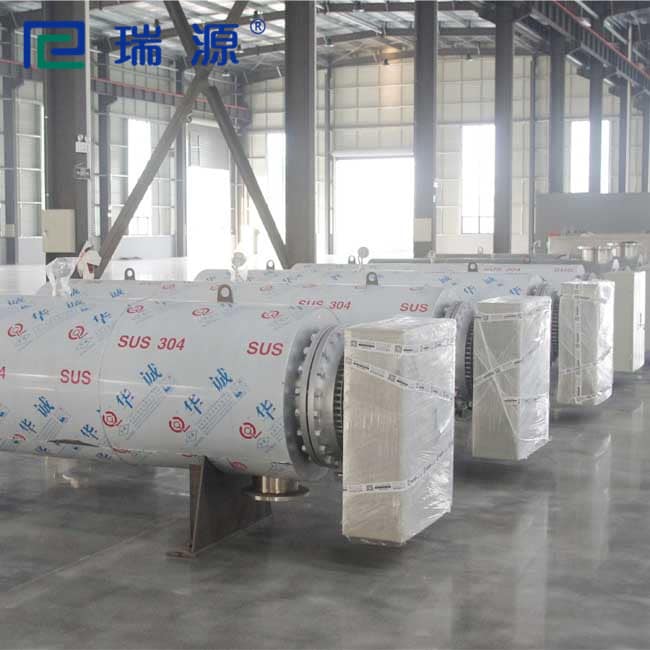With growing global awareness of energy conservation, emissions reduction, and environmental protection, electric air heaters https://8ruiyan.com/en/all-air-heaters/have emerged as a clean and efficient heating solution, becoming vital enablers for industrial upgrades and green production. Their high thermal conversion efficiency and versatile applications have made them widely favored across various industries. This article details the functional advantages, application value, technical challenges, and future development directions of electric air heaters.

1. Basic Functions and Working Principles of Electric Air Heaters
Electric air heaters convert electrical energy into thermal energy via internal heating elements. A fan then propels air through the heating zone, achieving rapid air temperature rise. The heated air can be directly used in production processes, environmental heating, material drying, and other applications.
Paired with an automatic control system and temperature sensors, these heaters achieve precise temperature regulation, ensuring stable air temperature while preventing production issues caused by overheating or fluctuations. Their rapid response and temperature uniformity are key reasons for their widespread industrial adoption.
2. Key Application Areas and Value Proposition
Electric air heaters serve diverse industrial sectors, including:
- Manufacturing Drying & Heat Treatment: Used in electronics, machinery, textiles, and coating industries for product drying, curing, and heat treatment, enhancing product quality and production efficiency.
- HVAC Systems: Serve as auxiliary heat sources, delivering stable heated air to improve indoor air quality and comfort.
- Agricultural Production: Provide stable heating for greenhouses and livestock farms, ensuring healthy growth of crops and animals.
- Environmental Protection: Utilize heated air for exhaust gas preheating and treatment, boosting environmental management efficiency.
Electric air heaters help enterprises save energy, reduce consumption, lower environmental pollution, and facilitate the transition to green production.
3. Technical Advantages of Electric Air Heaters
These heaters meet modern industrial demands for efficient, safe, and eco-friendly heating equipment through unique strengths:
- Rapid Heating: Quick response from heating elements shortens process cycles.
- Uniform Heating: Optimized duct design ensures consistent airflow and heating.
- Precise Control: High-sensitivity temperature systems maintain stability and minimize energy waste.
- Easy Maintenance: Streamlined structure reduces upkeep costs and downtime.
- Eco-Safe Operation: No combustion process or exhaust emissions, aligning with modern environmental standards.
4. Challenges and Solutions
Despite their benefits, practical applications face challenges:
- Energy Consumption Control: High-power operation demands optimized design and smart controls to lower energy use.
- Ensuring Temperature Uniformity: Large-scale units require meticulous duct design to prevent product quality issues.
- Enhancing Intelligence: Traditional units need advanced control systems for smarter operation.
Solutions include adopting energy-saving technologies, refining structural designs, and implementing intelligent control systems to balance efficiency and conservation.
5. Future Development Directions
The future of electric air heaters will align with industrial intelligence and green manufacturing trends:
- Smart Control Systems: Enable adaptive adjustments and fault prediction through data analytics.
- Innovative Energy-Saving Designs: Boost efficiency with new heating materials and optimized airflow paths.
- Modularity and Integration: Support complex processes with versatile modules for easier maintenance and upgrades.
- Digital Operations & Maintenance: Leverage cloud computing and big data for remote monitoring and management.
6. Conclusion
Electric air heaters drive industrial energy conservation, emissions reduction, and smart manufacturing with their green, efficient, and safe characteristics. As technology advances, they will better serve industrial production, supporting a sustainable industrial future.
For further consultation, please contact our technical team for expert advice.
Whatsapp:86-19106101570
wechat:86-19106101570
email:nieyili@cnryan.com
